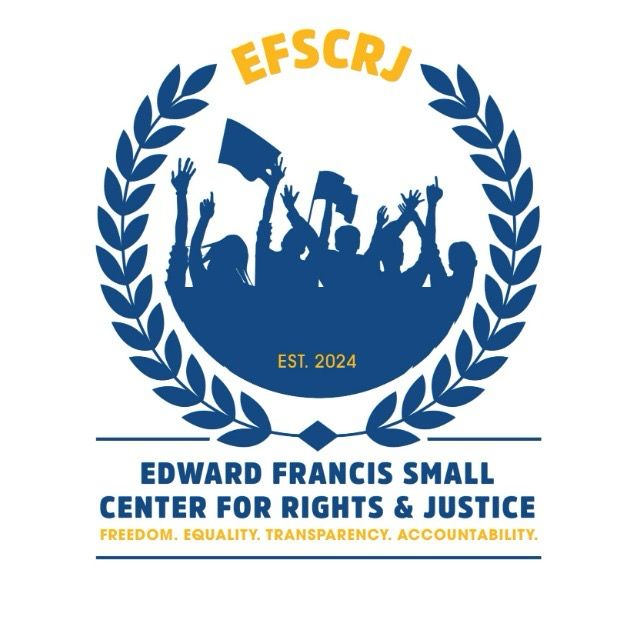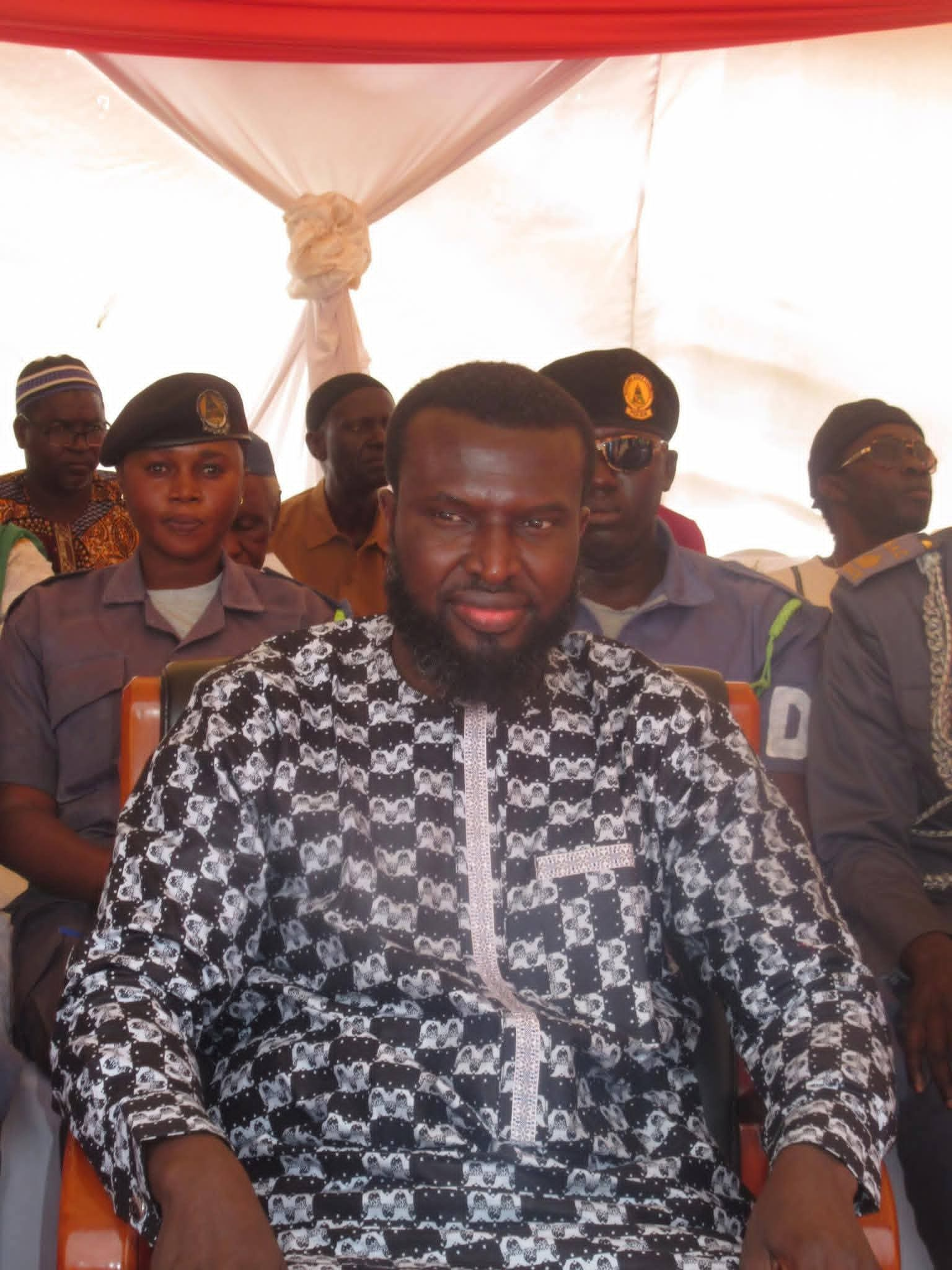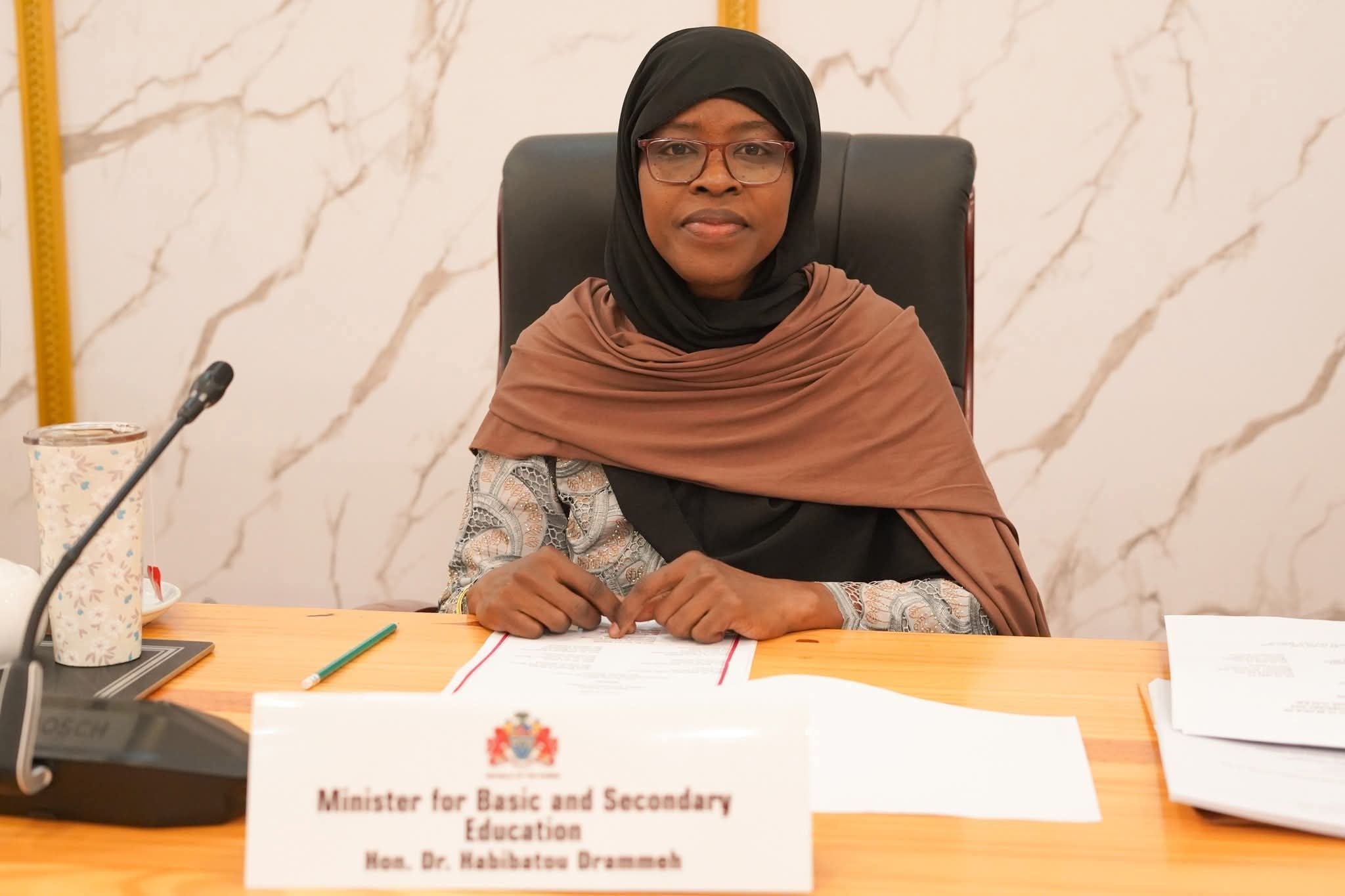By Alimatou S Bajinka
Twenty-five years after Gambian security forces opened fire on peaceful student protesters, resulting in the deaths of 14 students, including a Red Cross volunteer/journalist, and a baby, victims’ families and rights groups say justice and national acknowledgment remain elusive.
Despite the acceptance of key recommendations by the Truth, Reconciliation and Reparations Commission (TRRC), the Edward Francis Small Center for Rights and Justice (EFSCRJ) have criticized the government for its slow and inadequate implementation.
The TRRC had advised, among other things, that April 10 and 11 be declared school holidays, memorial events be held, and perpetrators most notably ex-president Yahya Jammeh and former vice president Isatou Njie Saidy be prosecuted.
The government agreed to these measures in its White Paper but has yet to act on many of them.“There is no holiday, no monument, no public statement, and no justice. This silence is a betrayal to the sacrifices of those students,” EFSCRJ stated.
The group also raised concerns over the continued use of excessive force by security forces during protests, despite claims of reform and retraining.
The call to identify and prosecute a PIU officer known as Badgie, implicated in acts of torture, also remains unanswered.The massacre, which occurred on April 10 and 11, 2000, under the leadership of former dictator Yahya Jammeh, was triggered by student protests against police brutality and the death of a student at the hands of a fire officer.
The tragic incident left not only physical scars but psychological trauma that continues to haunt survivors and families.
Advocates argue that failure to properly commemorate the victims weakens the “Never Again” promise and threatens Gambia’s progress toward democratic accountability.For now, the anniversary serves as a painful reminder of lives lost, futures stolen, and justice yet to be served.






